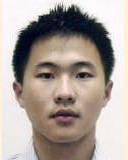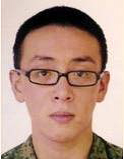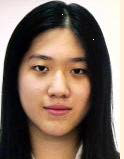Cherlyn was observed to prioritise the needs of patients and would often go the extra mile for them. During her Paediatrics posting, she clerked a young primary school-aged girl admitted for a fracture. Through communicating with the patient beyond her immediate medical needs, Cherlyn discovered that the patient had no proper care giver and survived on one packet of instant noodles a day. Reading through the case sheets, Cherlyn realised that the primary team was unaware of this and had planned to discharge the patient the next day. She wrote a memo to the primary care team, alerting them of the patient’s situation and attached it to the case sheets. Consequently, the primary care team did not discharge the patient as initially planned, but contacted a medical social worker from whom the patient received the help she needed.
On another occasion, Cherlyn demonstrated integrity and dedication to the care of patients by observing an important medical finding that was not recorded in the case notes. This could have been missed if careful examination of the patient was not done. In general, Cherlyn’s conviction for patient care was shown in simple ways, “like a smile to the elderly patient, a word of comfort to the worried parent of the sick infant, a hand to hold during the dreadful colonoscopy.”
Cherlyn has demonstrated great enthusiasm at the clinic and wards, and participated actively in both group learning and personal clinical clerkship. She was observed to have read well before class and was eager to learn clinical interview skills. In addition, Cherlyn was observed to have interacted very well with both simulated and real patients during clinical training, and showed genuine care and concern for the patient she attended to. Aside from patients, she also demonstrated capacity to accommodate her peers.
In the interview, the Award Committee found Cherlyn to be quiet and unassuming, yet determinedly committed to doing the right thing for patients—even when that meant putting herself out considerably. She was reluctant to accept outside recognition from others and to be recognised by way of this Award, because she considered doing the ‘right thing’ was sufficient reward in itself.



